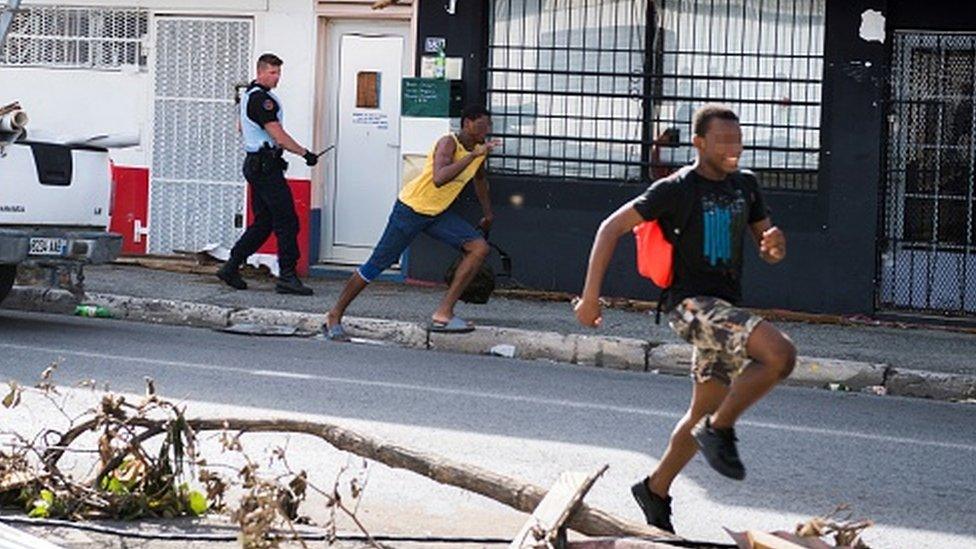Hurricane Nate: New Orleans braces for storm
- Published
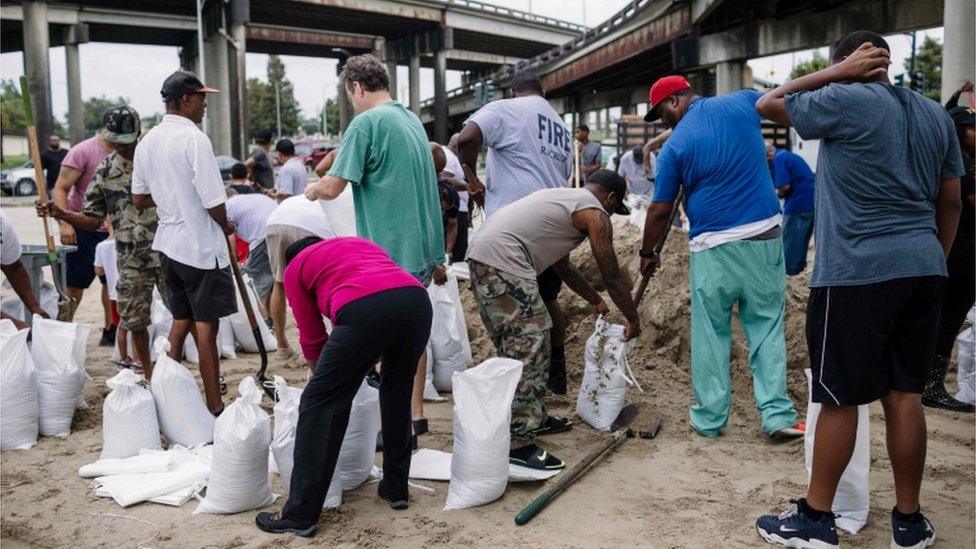
New Orleans residents fill sandbags as forecasters warn that Nate will make US landfall as a category two hurricane
A state of emergency has been declared in four southern US states with Hurricane Nate gathering strength as it heads towards the Gulf Coast.
Louisiana, Mississippi, Alabama and parts of Florida have issued hurricane warnings and evacuation orders.
The measures apply to parts of the city of New Orleans, which was devastated by Hurricane Katrina 12 years ago.
Nate killed at least 25 people as it swept through Nicaragua, Costa Rica and Honduras as a tropical storm.
The storm, which brushed past Mexican beach resorts, is still strengthening, and is now expected to make landfall as a category two hurricane overnight.
Although not as strong as last month's Maria and Irma, Nate will still bring strong winds and storm surges. Its latest recorded wind speeds reached 90mph (150km/h).
Video shows passengers climbing out of the windows of a bus, after it was stranded in flood water
US President Donald Trump has issued an emergency declaration for Louisiana, allowing the state to seek federal help with preparation and possible relief efforts.
In Alabama, Republican Governor Kay Ivey has urged residents in areas facing heavy winds and storm surges to take precautions.
Five ports along the Gulf Coast have also been closed to shipping as a precaution.
Most oil and gas platforms in the US Gulf of Mexico have evacuated their staff and stopped production ahead of the storm.
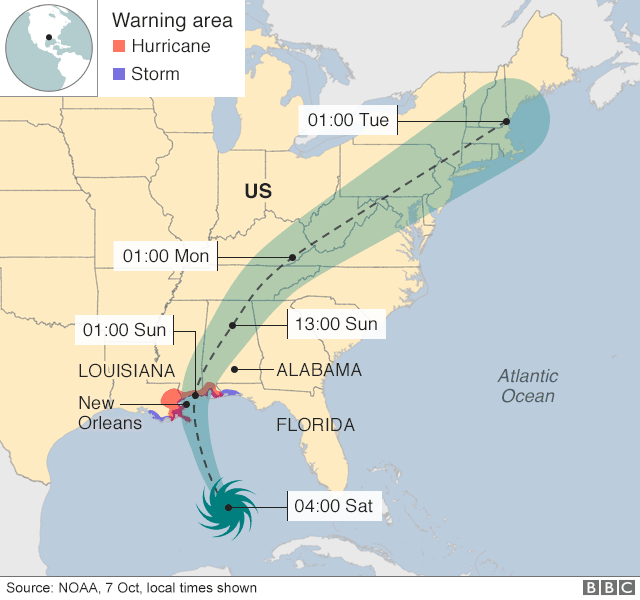
The hurricane warning, external issued to parts of the Gulf Coast includes the threat of life-threatening storm surge flooding. Evacuation orders have been put in place for some low-lying areas.
Louisiana Governor John Bel Edwards has declared a state of emergency ahead of the hurricane, which is due to make landfall on Saturday night local time.
He said more than 1,000 National Guard troops had been mobilised with a number sent to New Orleans to monitor the drainage pumps there. "Anyone in low-lying areas... we are urging them to prepare now," he said.
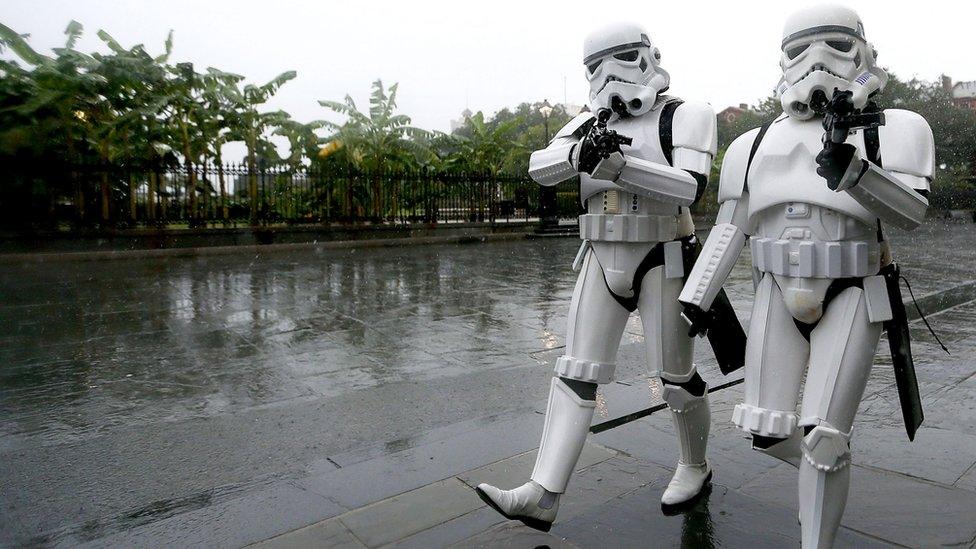
Star Wars fans dressed as storm troopers walk the streets of New Orleans ahead of Nate's arrival
A mandatory curfew from 18:00 (23:00 GMT) is in place in New Orleans, where residents from areas outside the city's levee system have been evacuated.
"Nate is at our doorstep, or will be soon," the city's Mayor Mitch Landrieu said, adding that the winds could cause significant power outages.
"We have been through this many, many times, there is no need to panic," he added.
Nate went past Mexico's Yucatan Peninsula - home to the popular beach resorts of Cancun and Playa del Carmen - on Friday night as it headed north, the US National Hurricane Center in Miami said.
The governor of the Mexican state of Quintana Roo, Carlos Joaquin, earlier said that although the worst of the storm had been expected to pass just east of the peninsula, it could still bring torrential rains and flooding.
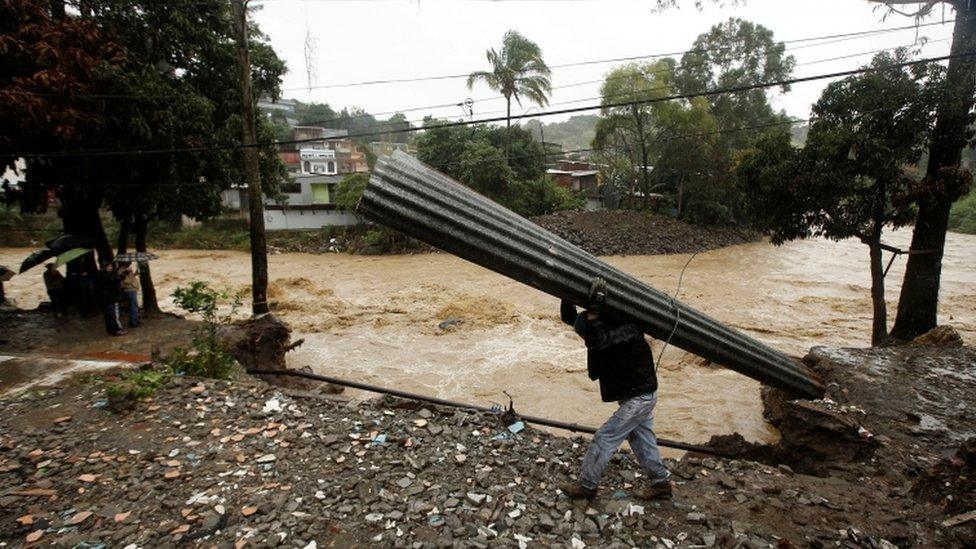
Costa Rica is among central American countries hit by storm Nate
Nate caused heavy rains, landslides and floods which blocked roads, destroyed bridges and damaged houses as it tore through central America.
At least 13 people died in Nicaragua, eight in Costa Rica, three in Honduras and one in El Salvador.
The tail of the storm is still causing problems in the region, where thousands have been forced to sleep in shelters and some 400,000 people in Costa Rica were reported to be without running water.
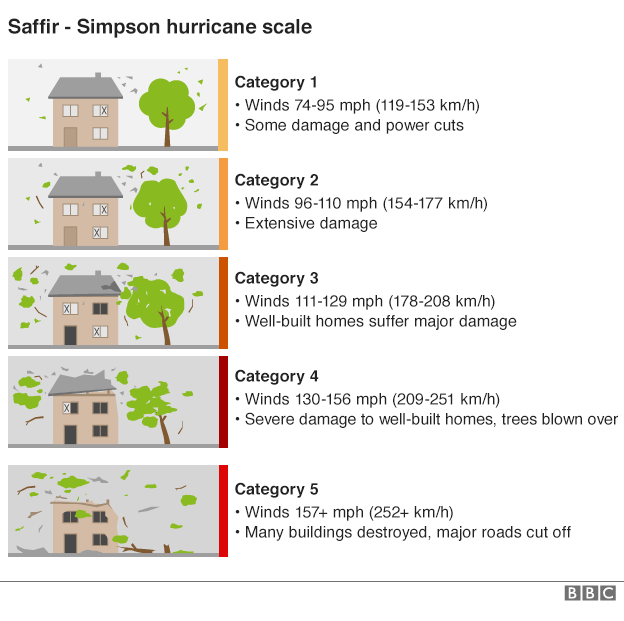

Are you in the affected area? Email us with your experiences at haveyoursay@bbc.co.uk, external.
Please include a contact number if you are willing to speak to a BBC journalist. You can also contact us in the following ways:
WhatsApp: +44 7555 173285
Send pictures/video to yourpics@bbc.co.uk, external
Tweet: @BBC_HaveYourSay, external
Text an SMS or MMS to 61124
- Published3 September 2017
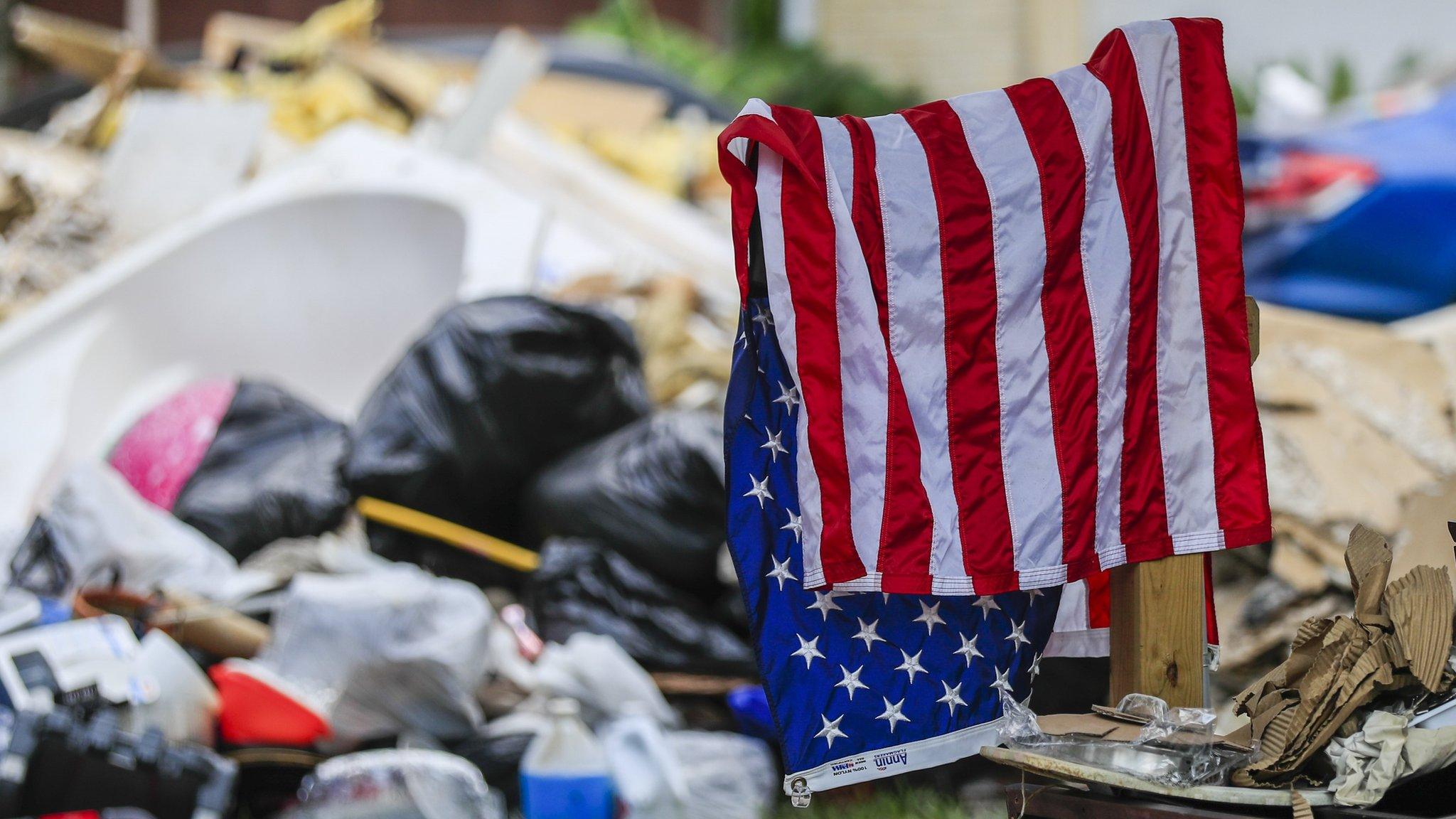
- Published30 August 2017
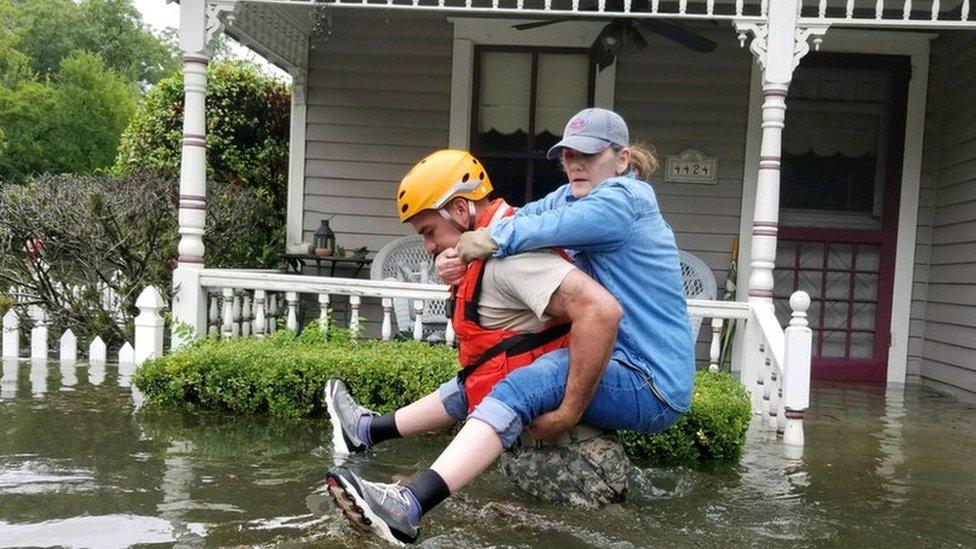
- Published25 September 2017
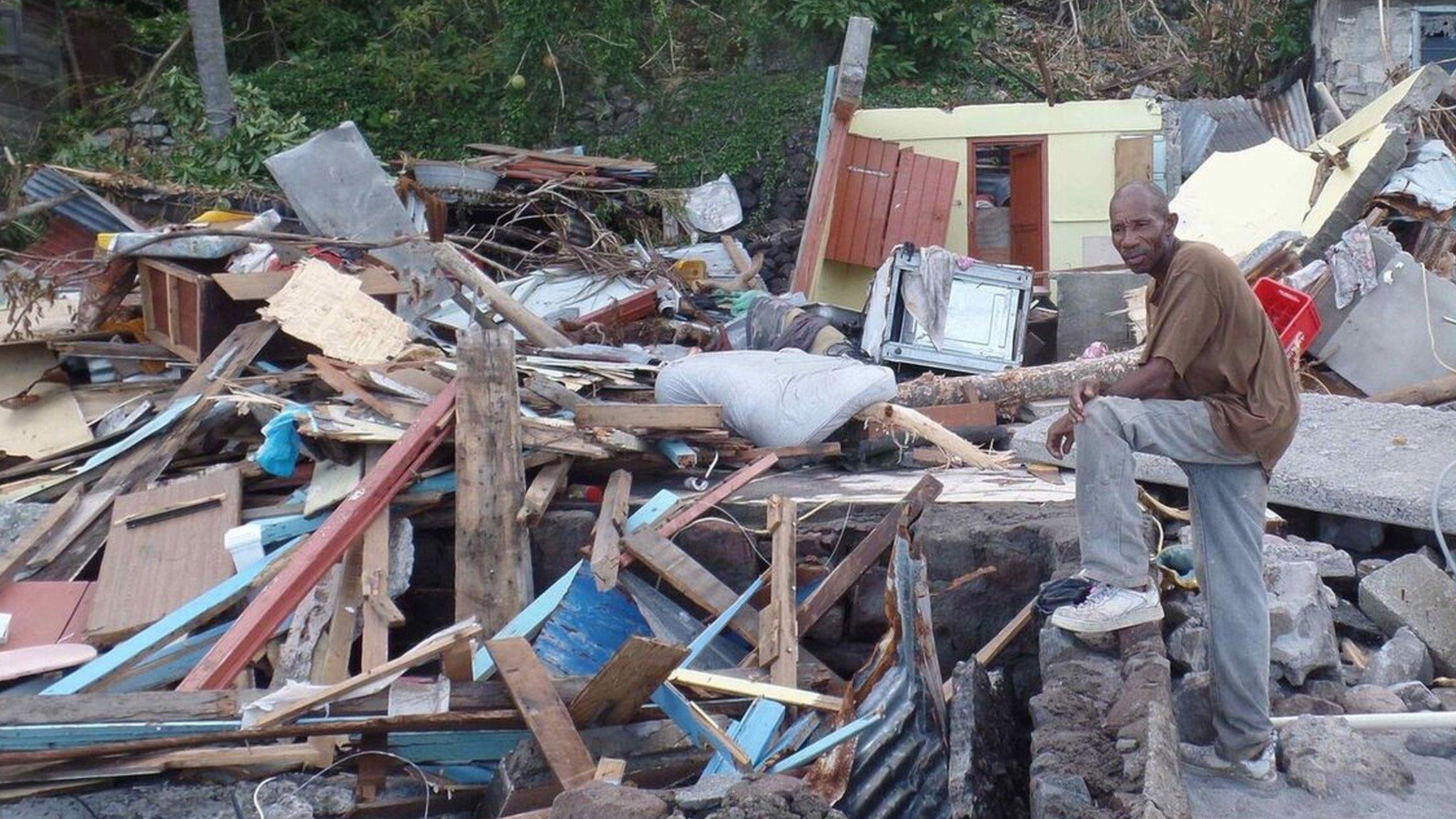
- Published29 August 2017
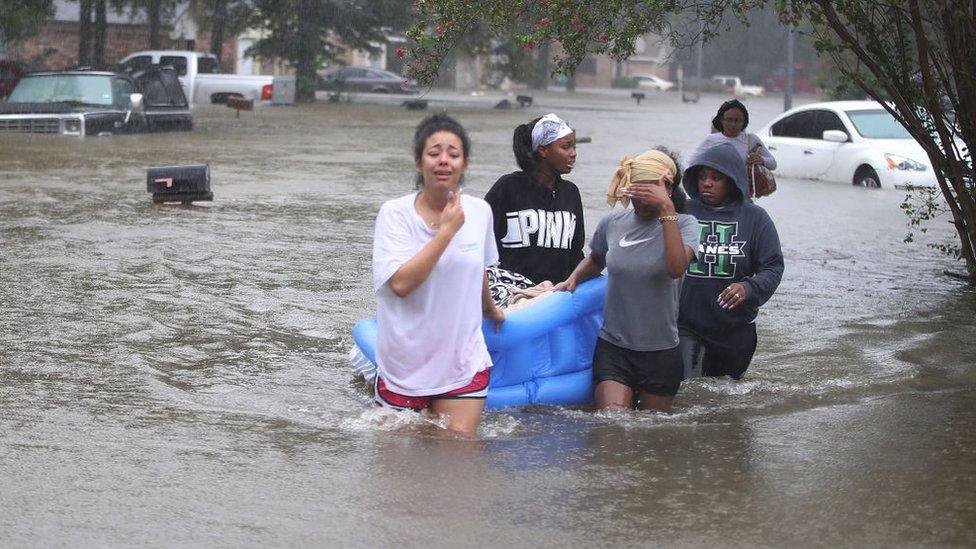
- Published28 August 2017
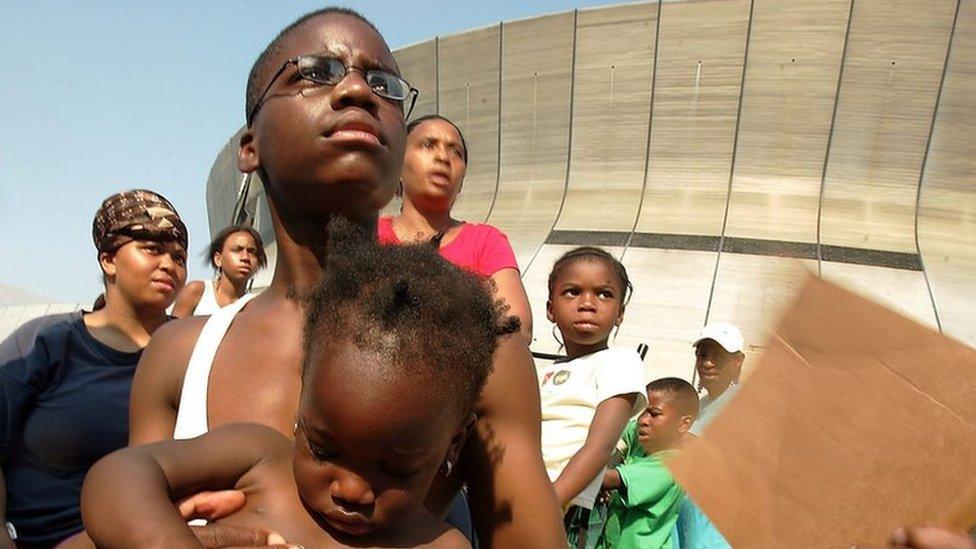
- Published27 September 2017

- Published26 September 2017
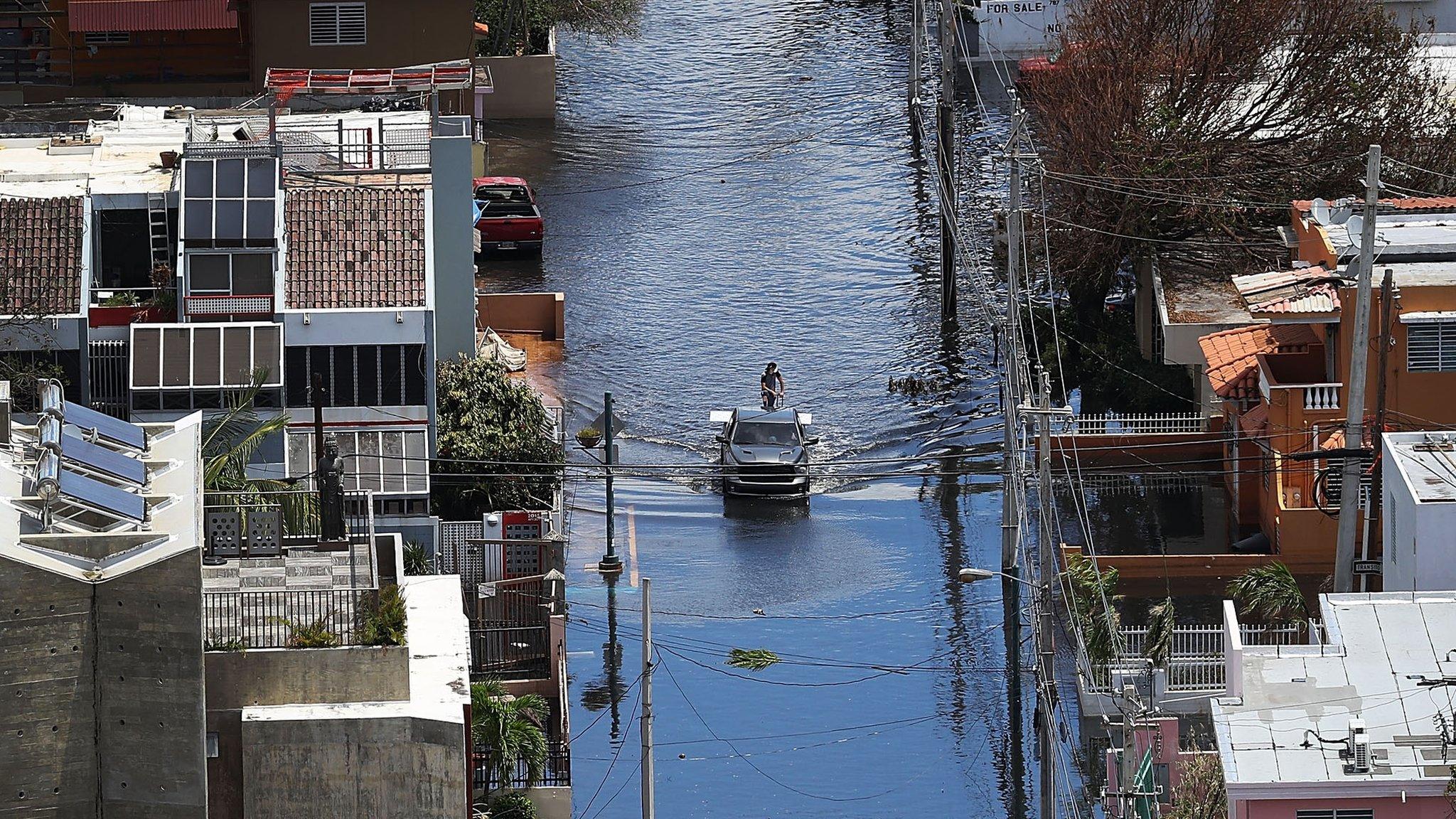
- Published28 September 2017
